
“In the digital realm you can try to keep Free at bay,” Chris Anderson writes, “but eventually the force of economic gravity will win.”
t a hearing on Capitol Hill in May, James Moroney, the publisher of the Dallas Morning News, told Congress about negotiations he’d just had with the online retailer Amazon. The idea was to license his newspaper’s content to the Kindle, Amazon’s new electronic reader. “They want seventy per cent of the subscription revenue,” Moroney testified. “I get thirty per cent, they get seventy per cent. On top of that, they have said we get the right to republish your intellectual property to any portable device.” The idea was that if a Kindle subscription to the DallasMorning News cost ten dollars a month, seven dollars of that belonged to Amazon, the provider of the gadget on which the news was read, and just three dollars belonged to the newspaper, the provider of an expensive and ever-changing variety of editorial content. The people at Amazon valued the newspaper’s contribution so little, in fact, that they felt they ought then to be able to license it to anyone else they wanted. Another witness at the hearing, Arianna Huffington, of the Huffington Post, said that she thought the Kindle could provide a business model to save the beleaguered newspaper industry. Moroney disagreed. “I get thirty per cent and they get the right to license my content to any portable device—not just ones made by Amazon?” He was incredulous. “That, to me, is not a model.”
Had James Moroney read Chris Anderson’s new book, “Free: The Future of a Radical Price” (Hyperion; $26.99), Amazon’s offer might not have seemed quite so surprising. Anderson is the editor of Wired and the author of the 2006 best-seller “The Long Tail,” and “Free” is essentially an extended elaboration of Stewart Brand’s famous declaration that “information wants to be free.” The digital age, Anderson argues, is exerting an inexorable downward pressure on the prices of all things “made of ideas.” Anderson does not consider this a passing trend. Rather, he seems to think of it as an iron law: “In the digital realm you can try to keep Free at bay with laws and locks, but eventually the force of economic gravity will win.” To musicians who believe that their music is being pirated, Anderson is blunt. They should stop complaining, and capitalize on the added exposure that piracy provides by making money through touring, merchandise sales, and “yes, the sale of some of [their] music to people who still want CDs or prefer to buy their music online.” To the Dallas Morning News, he would say the same thing. Newspapers need to accept that content is never again going to be worth what they want it to be worth, and reinvent their business. “Out of the bloodbath will come a new role for professional journalists,” he predicts, and he goes on:
There may be more of them, not fewer, as the ability to participate in journalism extends beyond the credentialed halls of traditional media. But they may be paid far less, and for many it won’t be a full time job at all. Journalism as a profession will share the stage with journalism as an avocation. Meanwhile, others may use their skills to teach and organize amateurs to do a better job covering their own communities, becoming more editor/coach than writer. If so, leveraging the Free—paying people to get other people to write for non-monetary rewards—may not be the enemy of professional journalists. Instead, it may be their salvation.
Anderson is very good at paragraphs like this—with its reassuring arc from “bloodbath” to “salvation.” His advice is pithy, his tone uncompromising, and his subject matter perfectly timed for a moment when old-line content providers are desperate for answers. That said, it is not entirely clear what distinction is being marked between “paying people to get otherpeople to write” and paying people to write. If you can afford to pay someone to get other people to write, why can’t you pay people to write? It would be nice to know, as well, just how a business goes about reorganizing itself around getting people to work for “non-monetary rewards.” Does he mean that the New York Times should be staffed by volunteers, like Meals on Wheels? Anderson’s reference to people who “prefer to buy their music online” carries the faint suggestion that refraining from theft should be considered a mere preference. And then there is his insistence that the relentless downward pressure on prices represents an iron law of the digital economy. Why is it a law? Free is just another price, and prices are set by individual actors, in accordance with the aggregated particulars of marketplace power. “Information wants to be free,” Anderson tells us, “in the same way that life wants to spread and water wants to run downhill.” But information can’t actually want anything, can it? Amazon wants the information in the Dallas paper to be free, because that way Amazon makes more money. Why are the self-interested motives of powerful companies being elevated to a philosophical principle? But we are getting ahead of ourselves.
nderson’s argument begins with a technological trend. The cost of the building blocks of all electronic activity—storage, processing, and bandwidth—has fallen so far that it is now approaching zero. In 1961, Anderson says, a single transistor was ten dollars. In 1963, it was five dollars. By 1968, it was one dollar. Today, Intel will sell you two billion transistors for eleven hundred dollars—meaning that the cost of a single transistor is now about .000055 cents.








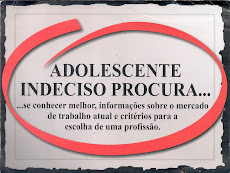










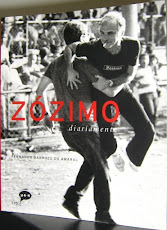
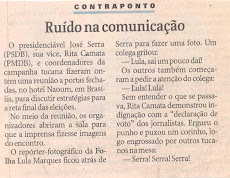

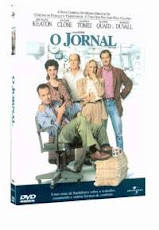
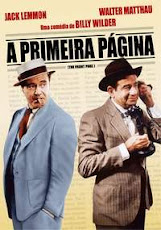

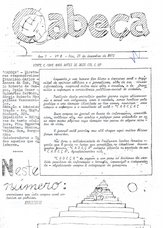


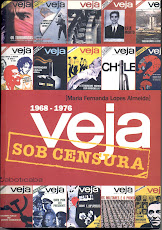










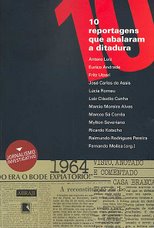
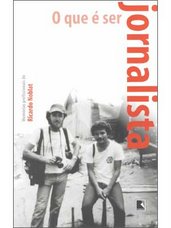










Nenhum comentário:
Postar um comentário